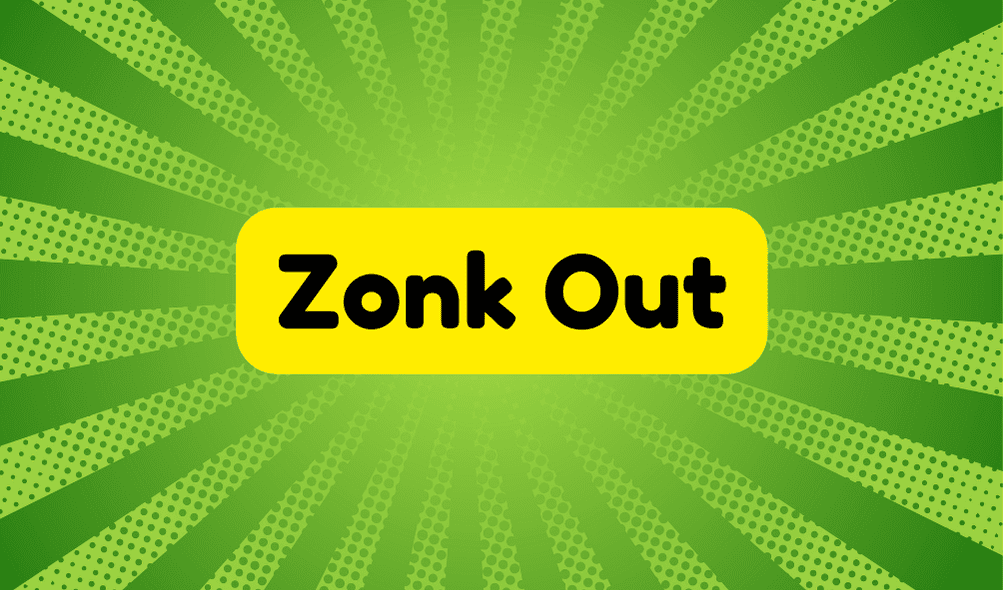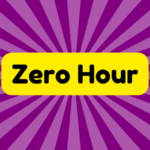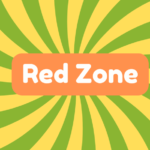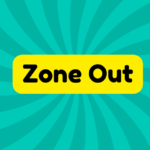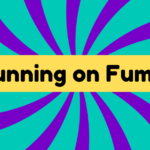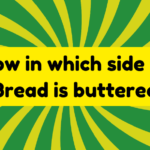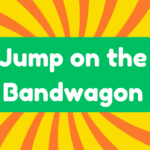"Zonk out" means to suddenly fall into a deep sleep, often from exhaustion. This slang term became popular in the 1940s and 50s, reflecting the pressures of a fast-paced society. You might say, "I zonked out during the movie," which illustrates its casual use. The phrase highlights how today's demands often leave you feeling drained. It captures a common struggle for balance between rest and daily responsibilities. Recognizing the need to "zonk out" is important for well-being. If you're curious about its synonyms or how it fits into modern language, there's more to explore.
Synonyms
When you're looking for synonyms of "zonk out," you'll find that "knock out" fits perfectly. This term reflects the abrupt nature of sleep, diving straight into the depths of slumber. Language evolves continuously, shaped by our cultural context and the importance of sleep patterns in modern life.
Here are a few alternatives you might consider:
- Crash: Implying an intense, sudden sleep.
- Pass out: Often linked to exhaustion or intoxication.
- Doze off: Suggests a slow shift into sleep.
- Conk out: Casual slang with a similar feel.
- Drop off: Carries a lighter tone, just fading into rest.
Understanding these synonyms can enhance your vocabulary while shedding light on how expressions adapt over time, driven by our societal needs.
Example of Sentences
Experiencing deep sleep often manifests in various scenarios where people "zonk out." After a marathon workday, you might find yourself dozing off on the couch within minutes. To illustrate this phenomenon, consider these examples:
- You finish a late-night project and zonk out instead of following your sleep routine.
- Kids easily zonk out during long car rides, missing the scenery.
- You read a few pages of a book and suddenly find yourself in a deep sleep.
- Snuggling into a cozy bed after a long week makes it hard to stay awake.
- Warm beverages and their sleep benefits help you drift off quickly but may disrupt the night.
Do these situations sound familiar? It's essential to assess how well your sleep habits work for you.
Origin
The slang term "zonk out" emerged prominently in the 1940s and 50s, quickly capturing the essence of sudden, deep sleep. This phrase reflects slang evolution, showcasing how language morphs with cultural impact. As societal norms shifted, so did our expressions, opening doors to phrases that vividly describe common experiences. "Zonk out" encapsulates the abrupt change into unconsciousness, drawing from everyday interactions and the rise of informal speech. It's worth noting that this term didn't just spring up randomly; it emerged from a specific social context, revealing how language reflects the rhythms of life. You could argue that as the pace of culture quickened, so did our need for concise expressions like "zonk out," revealing both creativity and practicality in communication.
Collocations
How can we effectively use "zonk out" in conversation? Understanding collocations around "zonk out" can help you convey sleep habits and relaxation techniques in a lively way. When chatting, consider these phrases:
- "I always zonk out after exercising."
- "He zonked out during the movie."
- "Let's skip the coffee so we won't zonk out."
- "Some relaxation techniques help you zonk out easier."
- "She's been known to zonk out in the car."
How to Use in Everyday Language
When you're feeling totally exhausted, expressing that you might "zonk out" can vividly capture that sensation. Incorporating it into your conversations makes the experience relatable. Think carefully about your napping habits and sleep techniques; they'll help you utilize "zonking out" meaningfully.
| Context | Example Usage | Note |
|---|---|---|
| After Work | "I'm ready to zonk out!" | Perfect after a tiring day. |
| Travel | "I zonked out on the plane." | Great for travel fatigue. |
| Stress Relief | "A quick nap'll help me zonk out." | Reflects proactive habits. |
| Leisure | "Let's chill and zonk out." | Casual setting for relaxation. |
| Social Settings | "She zonked out during the movie." | Timing matters when socializing. |
Using this phrase brings authenticity and connection to everyday experiences.
Why Is It Still Relevant Today?
Many people still find the phrase "zonk out" relevant today because it perfectly captures the experience of sudden sleep, especially in our fast-paced lives. With constant demands from work, school, and social obligations, exhaustion often leads you to crash suddenly, disconnecting from everything around you. This cultural significance makes "zonk out" a relatable expression, grounded in modern usage. It reflects a common struggle we all face—balancing commitments while prioritizing self-care. As the pace of life accelerates, understanding and communicating our need to rest becomes crucial. Recognizing when you need to zonk out isn't just a colloquial expression; it's a necessary acknowledgment of your limits and a reminder that rest is essential for your well-being.

